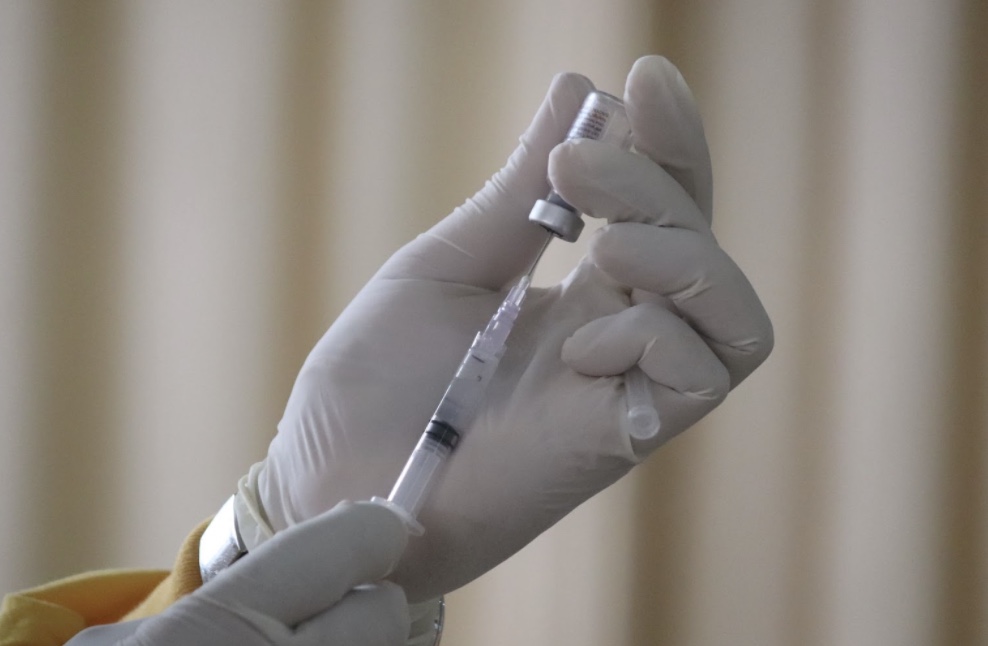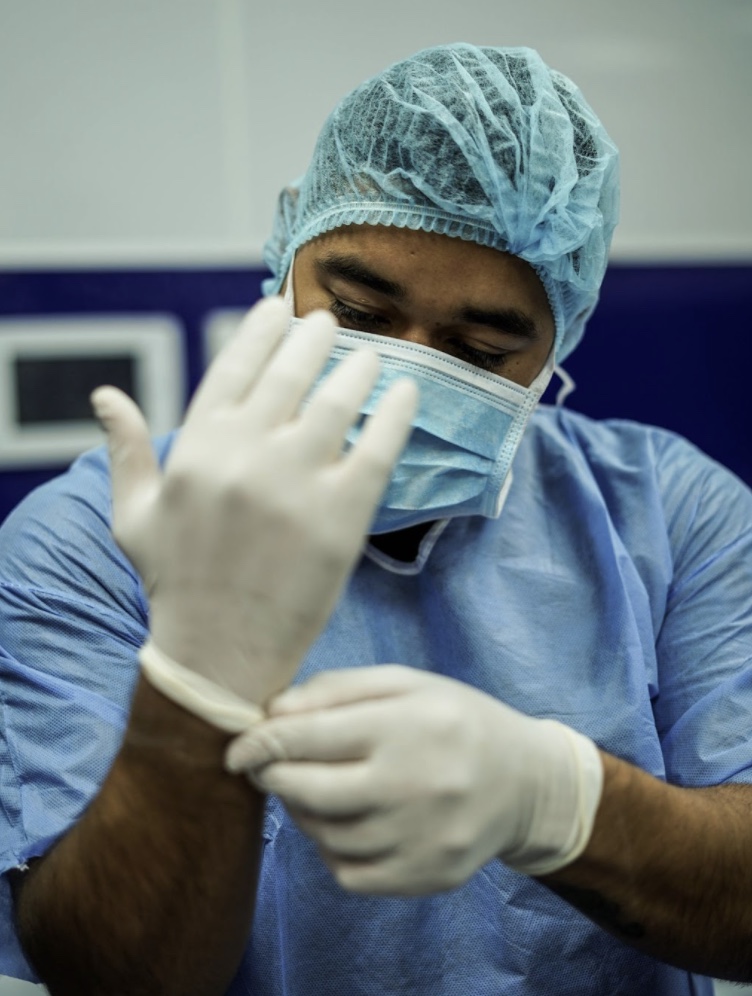Everyone knows that the COVID-19 pandemic has radically transformed the world quicker than anyone could have imagined. It’s almost ridiculous to think about the days when no one knew what “social distancing” was or when it would be safe to come out of isolation after a few symptoms. Even shows that don’t show masked characters can look strange! While the stress on everyday people has been immense, no group has felt the full impact of the societal change post-COVID more than medical workers on the frontlines.
Physicians, nurses, and the whole apparatus of healthcare workers around the world have worked tirelessly for nearly two years to curb the spread of COVID. Fortunately, as the Omicron variant hits places more mildly than COVID’s previous waves, those same professionals are now able to take a step back and comment on the post-pandemic changes to their profession.
Undoubtedly, the biggest changes will be seen in how the healthcare system responds during a crisis. Mobilization of resources, spreading awareness, and keeping hospitals from overflowing most certainly became priorities as authorities learned the best ways to deal with the changing pandemic situation. The healthcare workers will teach new generations of workers how to work in a crunch. Overcrowded units will forever use these years as their benchmark of chaos. In short, practices established within the medical community during the pandemic will quickly be the new normal. People who lived through the pandemic will always judge public healthcare crises against it.
One underrepresented aspect will likely come in the realm of specialist medicine. Doctors that worked outside of emergency rooms doing elective surgeries largely avoided the brunt of the pandemic barrage, but they still saw the way it overhauled their profession overnight. Physicians doing incredibly specific surgeries, like the neurosurgeon Dr Richard Parkinson, couldn’t operate as normal in the early days of the outbreak, and most likely they will forever operate differently—maybe requiring masks and sanitizing before visits.

Researchers will also find themselves with new goals and material. The caseload was of course horrifically large, but it’s also given the scientific community a wealth of data from which they can produce new knowledge. Nothing gets better without trial and error, so the real-time provisional efforts of physicians as they fought back against COVID will undoubtedly shine a light on fields outside of what they expected. Already, mRNA vaccines are being developed to treat other diseases, including some forms of cancer. In a beautiful stroke of irony, all the suffering of the past two years may bring new chances at life for patients once thought incurable.
Vaccines continue to promise a way to fight back against COVID-19, so the world is sure to face the new medical reality soon enough. It’s really quite an exciting time to live through! As regular people unlearn the fear of the unknown with mounting scientific evidence about COVID-19’s long-term effects, they can turn to their trusted physicians for answers to the burning questions about the disease and where it will take the state of medicine for years to come.
